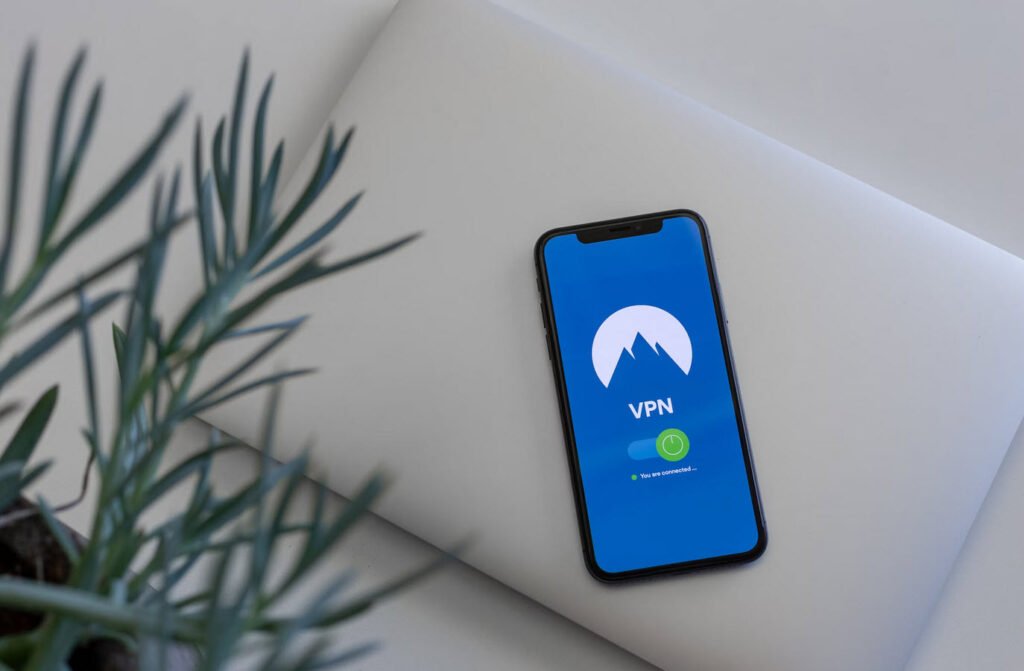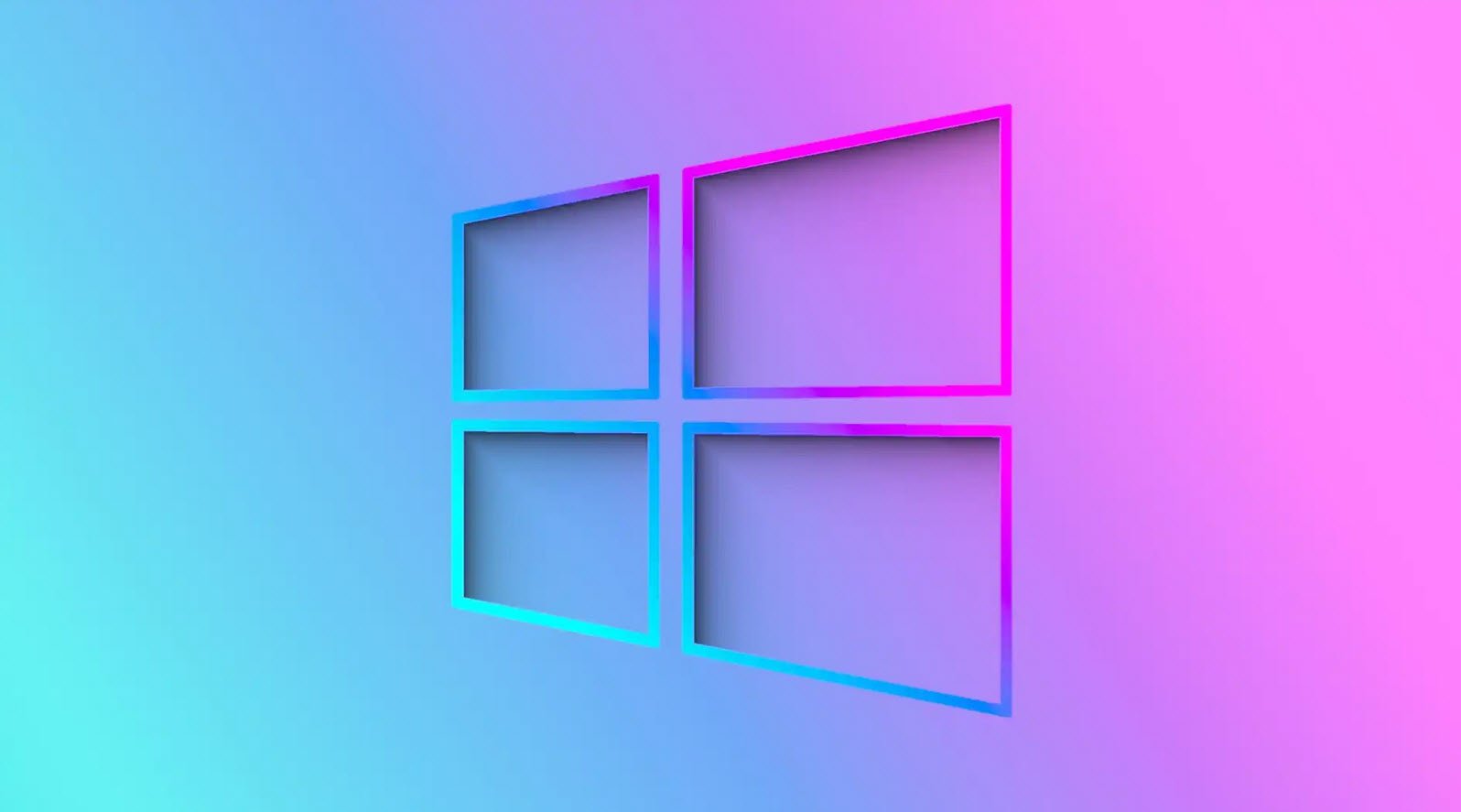
In today’s digital age, online privacy and security have become paramount concerns for internet users. The use of Virtual Private Networks (VPNs) has gained popularity as an effective means to enhance privacy and anonymity while browsing the web. A VPN creates a secure and encrypted connection between your device and a remote server, effectively masking your online identity and encrypting your data traffic.
However, not all VPNs are created equal, and there are crucial considerations to keep in mind when using a VPN to ensure your online activities remain truly anonymous.
In this article, we will explore essential factors to consider when employing a VPN for anonymizing your internet traffic.
- Paid Subscription Requirement
- No-logs Policy and Data Protection
- Unmetered Bandwidth
- Integration with Your Operating System
- Cloud-based VPN Solutions
- DNS Leak Protection
- IPv6 Support and Disabling IPv6
1. Paid Subscription Requirement:
Most reputable VPN services require a paid subscription. While there are free VPN options available, they often come with limitations, such as restricted bandwidth, slower speeds, and potential data logging. Opting for a paid VPN ensures better service, stronger security, and more reliable anonymity.
2. No-logs Policy and Data Protection:
Ensure the VPN service provider you choose has a strict no-logs policy, meaning they do not keep records of your online activities. Moreover, verify that the provider does not sell or share user data with third parties, as this could compromise your privacy and defeat the purpose of using a VPN.
3. Unmetered Bandwidth:
Unmetered bandwidth is vital to ensure a smooth and uninterrupted browsing experience. A VPN with limited bandwidth may hinder your online activities, leading to frustration and potential data leaks.
4. Integration with Your Operating System:
Before selecting a VPN service, make sure it seamlessly integrates with your operating system. Whether you use Windows, macOS, Linux, or mobile platforms, a compatible VPN client application ensures hassle-free setup and usage.
5. Cloud-based VPN Solutions:
Cloud service providers like Azure and AWS offer the option to set up your VPN servers on the cloud. This approach provides flexibility, scalability, and potentially greater anonymity by masking the true origin of your VPN server.
6. DNS Leak Protection:
Domain Name System (DNS) leaks can compromise your anonymity by revealing your true geolocation. Verify that your VPN service does not suffer from DNS leaks. You can use tools like DNS Leak Test to check for any potential leaks and ensure your VPN is protecting your privacy effectively.
7. IPv6 Support and Disabling IPv6:
IPv6 is the latest version of the Internet Protocol, and some VPN services may not support it fully. If your VPN does not handle IPv6 traffic, it may bypass the VPN tunnel, potentially exposing your true IP address. To mitigate this risk, ensure your VPN is IPv6 compatible or consider disabling IPv6 on your devices.
Before settling on a specific VPN service, cloud provider, or anonymizing solution, thorough research is crucial. Look for user reviews, independent assessments, and expert opinions to gauge the effectiveness and reliability of the options available. Each individual’s needs and requirements may differ, so choose the solution that best aligns with your privacy and security objectives.
In conclusion, using a VPN to anonymize your internet traffic is an effective way to safeguard your online privacy and protect your data from prying eyes. However, not all VPNs offer the same level of anonymity and security.
When selecting a VPN service, prioritize factors such as a paid subscription, no-logs policy, unmetered bandwidth, platform compatibility, DNS leak protection, IPv6 support, and the option to set up VPN servers on the cloud. By making informed decisions and taking the necessary precautions, you can enjoy a safer and more anonymous online experience with a reliable VPN.
You may also like:- How To Fix the Crowdstrike/BSOD Issue in Microsoft Windows
- MICROSOFT is Down Worldwide – Read Full Story
- Windows Showing Blue Screen Of Death Error? Here’s How You Can Fix It
- A Guide to SQL Operations: Selecting, Inserting, Updating, Deleting, Grouping, Ordering, Joining, and Using UNION
- Top 10 Most Common Software Vulnerabilities
- Essential Log Types for Effective SIEM Deployment
- How to Fix the VMware Workstation Error: “Unable to open kernel device ‘.\VMCIDev\VMX'”
- Top 3 Process Monitoring Tools for Malware Analysis
- CVE-2024-6387 – Critical OpenSSH Unauthenticated RCE Flaw ‘regreSSHion’ Exposes Millions of Linux Systems
- 22 Most Widely Used Testing Tools








